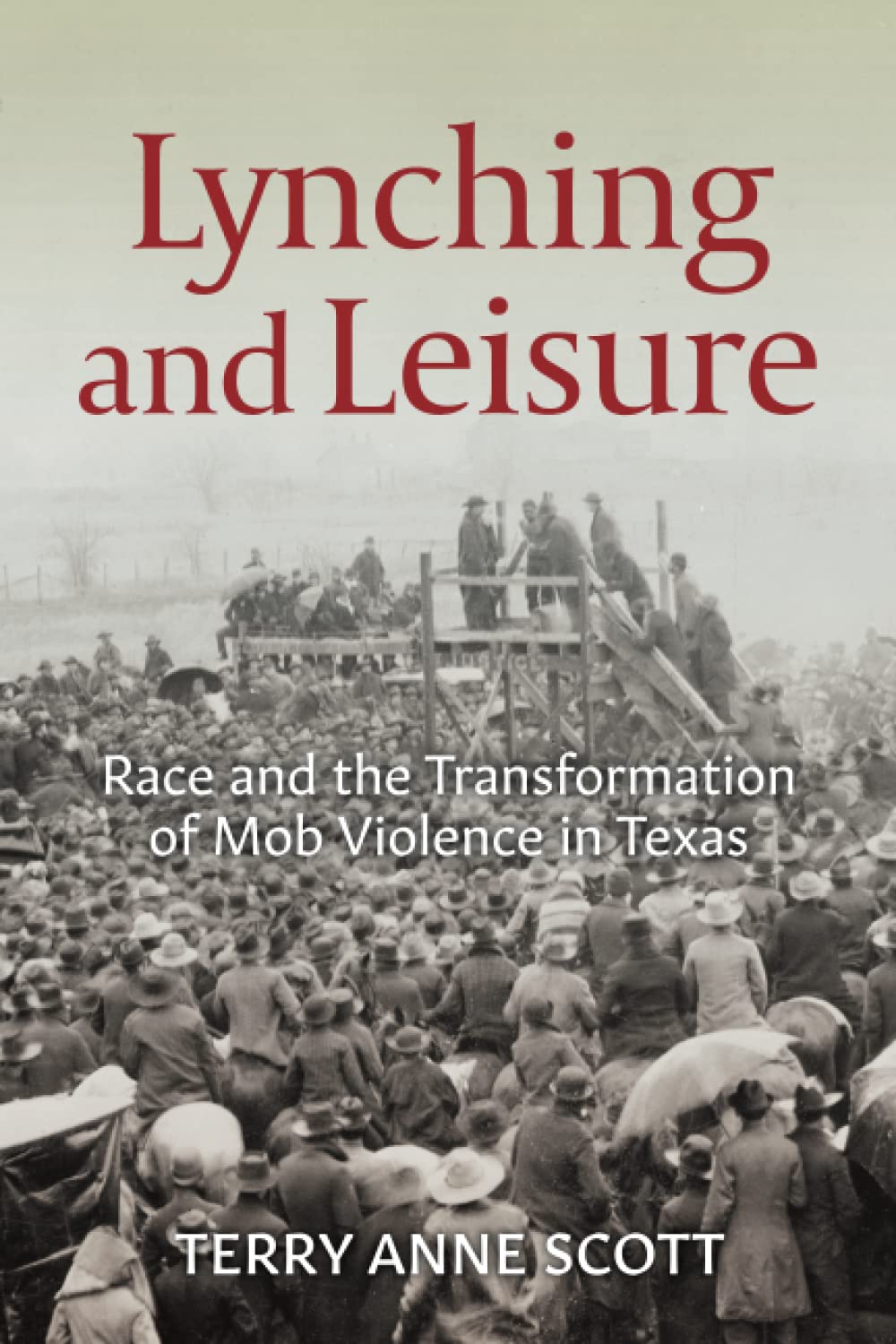Listen to the Podcast:
Watch an insightful webinar featuring Dr. Terry Anne Scott, an award-winning historian, author, and influential speaker. We continued our series on the U.S. Constitution to explore the profound impact and enduring legacy of the 15th Amendment.
Ratified in 1870 as the last of the Reconstruction Amendments, the 15th Amendment prohibits the denial of a citizen’s right to vote based on race, color, or previous condition of servitude. Despite its ratification, state laws, literacy tests, poll taxes, the “grandfather clause,” and voter intimidation continued to prevent African Americans from exercising their voting rights.
Dr. Scott explains why this amendment was crucial in the fight for equality and how it addressed but did not fully resolve the barriers to voting in the aftermath of the Civil War. Don’t miss this opportunity to learn why the 15th Amendment was necessary to solidify voting rights for all and how it remains relevant in today’s fight for a fair and inclusive democracy.

Dr. Terry Anne Scott is the Director of the Institute for Common Power. She is a former associate professor of American history and Chair of the History Department at Hood College. Her research interests focus largely on urban history, the intersection of sports and race, African American social and cultural history, and political and social movements.
Dr. Scott is the author of several books, including Lynching and Leisure: Race and the Transformation of Mob Violence in Texas (winner of the 2022 Ottis Lock Endowment Best Book Award) and the forthcoming From Bed-Stuy to the Hall of Fame: The Unexpected Life of Lenny Wilkens. She is also the editor of Seattle Sports: Play, Identity, and Pursuit in the Emerald City and the forthcoming anthology Reclaiming Democracy: A History of Voter Suppression and a Handbook for Voting Justice. Additionally, Dr. Scott is an associate editor of the Journal of Sports History.
Dr. Scott believes that an academic’s role should extend beyond the classroom. To this end, she is heavily involved in community service and activism. Since serving as Director of the Institute for Common Power, Dr. Scott has spearheaded several programs, including the Truth and Purpose Learning Experience for Educators, Scholars in Motion, and the Family Voter Registration Drive. Additionally, she is frequently featured on regional and national media programs, including NPR. Dr. Scott is a featured historian in several episodes of the History Channel’s “I Was There.” She is also in the critically acclaimed documentary “Lynching Postcards: Token of a Great Day,” which received a 2022 NAACP Image Award, a 2022 Peabody nomination, and was short-listed for an Academy Award.





